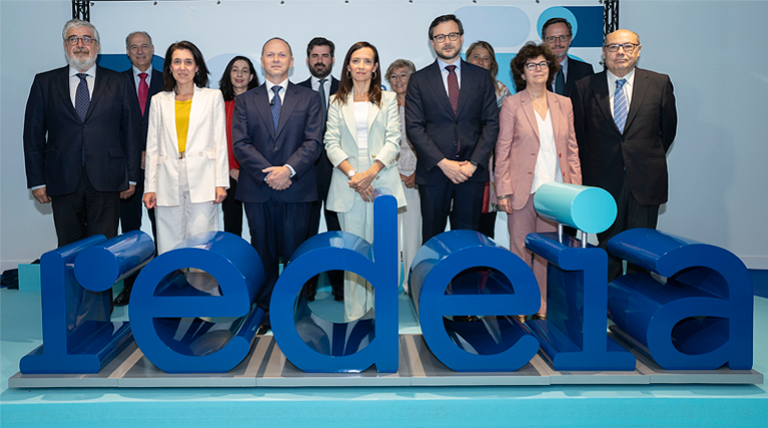We are a global operator of essential infrastructure
- The security of the electricity supply through the interconnection is guaranteed as the affected cable is out of service and therefore does not compromise the proper functioning of the link in any way.
- The Company has detected a leakage of the cable’s insulating fluid; a fluid that is biodegradable and that is not harmful to marine life or human health.
- All efforts are now focused on locating the exact point of the leak so that sealing works can begin.
The protection systems of Red Eléctrica de España (REE) have detected a leakage of fluid in the reserve cable (cable no. 4) of the electricity link between Spain and Morocco, a facility jointly-owned in equal shares by L'Office National d'Eléctricité et de l'Eau Potable (ONEE) of Morocco and REE.
All efforts are focused on finding the precise location of the leak so that sealing works can begin and that is why, from the very beginning, both companies have been working to expedite the necessary permits with the Moroccan authorities to move a ship into the area, about 4.5 kilometres from the Moroccan coast, in the shortest time possible to locate the exact point of the incident.
As per the design of the interconnection facility, the leak containment system automatically sprang into action by reducing the fluid pressure to the minimum level that is technically feasible and thus managed to limit the leak to below 5 litres/hour in the first 2-3 hours.
The insulating cooling fluid is biodegradable and, according to a study carried out in January 2017 by the Andalusian Centre of Marine Science and Technologies of the University of Cádiz, the fluid is not harmful to marine life or human health. Furthermore, the study adds that the strong sea currents within the Strait also help disperse the fluid.
The electricity interconnection between Spain and Morocco is made up of two 400 kV lines, one commissioned in 1997 and the other in 2006, comprising in turn of seven cables: three per circuit, plus one reserve cable. The seven cables run from the terminal station of Tarifa, at the Spanish end, to the terminal station of Fardioua, at the Moroccan end.
The security of the electricity supply of the interconnection has not been compromised at any time thanks to its double circuit and the fact that the affected cable (the reserve cable) has been out of service since it became inoperative in September 2018 as a result of an incident caused by external causes. Following the technical validation tests carried out, its definitive repair, initially scheduled for April this year, was delayed due to the cessation of activity caused by the COVID-19 pandemic.
From the outset of the incidence, the Internal Maritime Plan of the interconnection was activated in its alert phase (phase 0), and the incident was communicated to the Spanish maritime authorities as well as to all the authorities and groups concerned.














